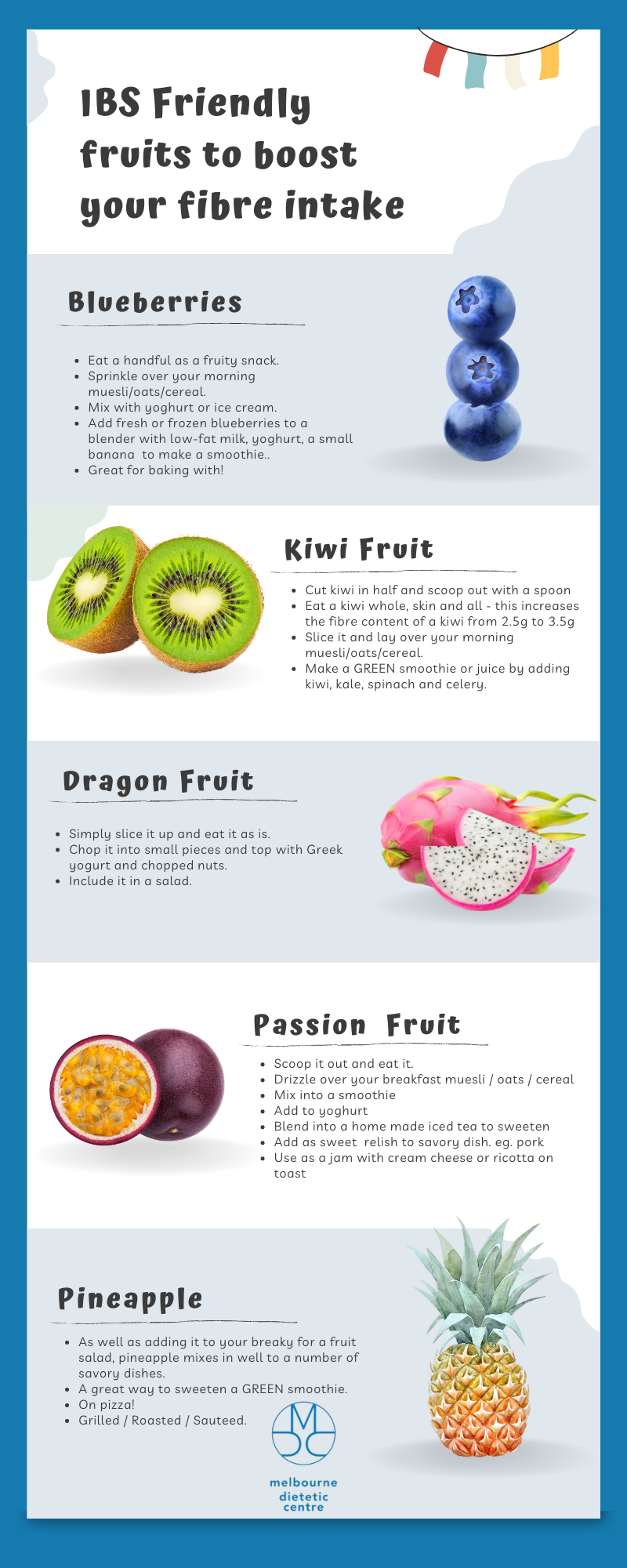May 1-7 May is national heart health awareness. It's organised by the Health Foundation and is an opportunity for health professionals and the community to talk about heart health and take positive steps to reduce heart disease risk.
The Health Foundation is encouraging Australians to do three simple things to look after their heart – check their blood pressure, use the Heart Age Calculator to understand their risk of heart disease, and book a Heart Health Check with their GP.
Check out the Health Foundation Omega-3 recipes for a collection of heart-healthy recipes.
Find out more about the week on the Health Foundation website or contact us if you'd like to understand how we can help you make a difference to your health.
#HeartWeek2023
The Health Foundation is encouraging Australians to do three simple things to look after their heart – check their blood pressure, use the Heart Age Calculator to understand their risk of heart disease, and book a Heart Health Check with their GP.
Check out the Health Foundation Omega-3 recipes for a collection of heart-healthy recipes.
Find out more about the week on the Health Foundation website or contact us if you'd like to understand how we can help you make a difference to your health.
#HeartWeek2023





 RSS Feed
RSS Feed

